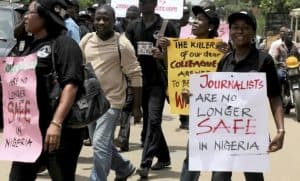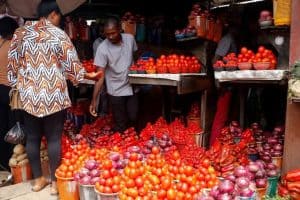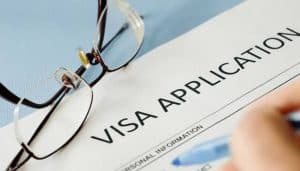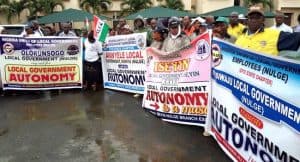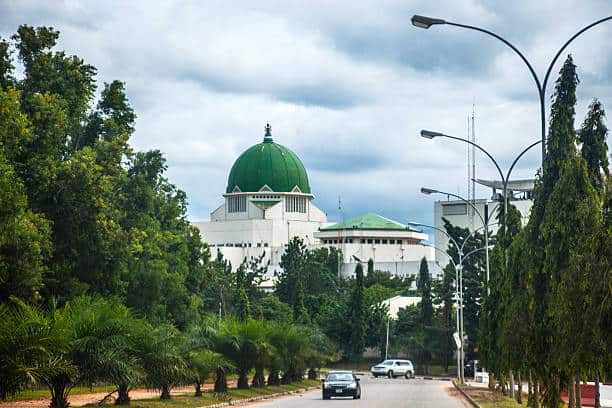
The National Assembly building in background.
In Kwara, a North Central state in Nigeria, keke riders are walking a tightrope between security and economic stability. A state-imposed curfew, in effect since last year from 9:00pm to 6:00am, aims to curb criminal activities. While the necessity for enhanced security is acknowledged, the curfew comes at a steep cost—strangling the vital income streams of these tricycle operators.
Our writer tells the story of the enduring economic hardship caused by this year-long policy with the victims questioning its long-term sustainability. (Read the full story here)
Here are what you should know:
- The curfew hours overlap with what was previously prime earning time for keke riders. With businesses closing shop for the night, the demand for affordable transportation skyrockets. Missing these peak hours significantly impacts the financial stability of these operators, many of whom live paycheck to paycheck.
- The curfew does not just affect the keke riders. Many other businesses and services that operate during the same hours are also hit hard. The trickle-down effect is significant: from food vendors who set up shop for late-night commuters to security guards who depend on keke rides to get home. These interconnected threads of the local economy are fraying.
- While the curfew aims to ensure safety by limiting opportunities for criminal activities, its effectiveness is subject to debate. How much crime is prevented? Is the economic toll on vulnerable populations considered in the policy’s cost-benefit analysis? These questions remain largely unanswered, creating a vacuum of uncertainty that only amplifies public apprehension.
- As the state grapples with the complex challenge of balancing public safety and economic vitality, the plight of the keke riders serves as a crucial reminder: policies must be thought through multiple lenses, considering all stakeholders involved.
Possible Alternatives
Although curfews have their merits, they are not a one-size-fits-all solution for public safety. Countries with advanced security protocols often turn to technology and community policing as more targeted alternatives. Could Kwara State follow suit?
By investing in enhanced street lighting, expanded surveillance, and additional security checkpoints at night, Kwara State could maintain public safety without compromising the livelihoods of keke riders and others who are active during those hours.
Such measures could offer a more balanced solution that accommodates both security concerns and economic activity.
Would you like to delve deeper into this topic? Read the full story here.

